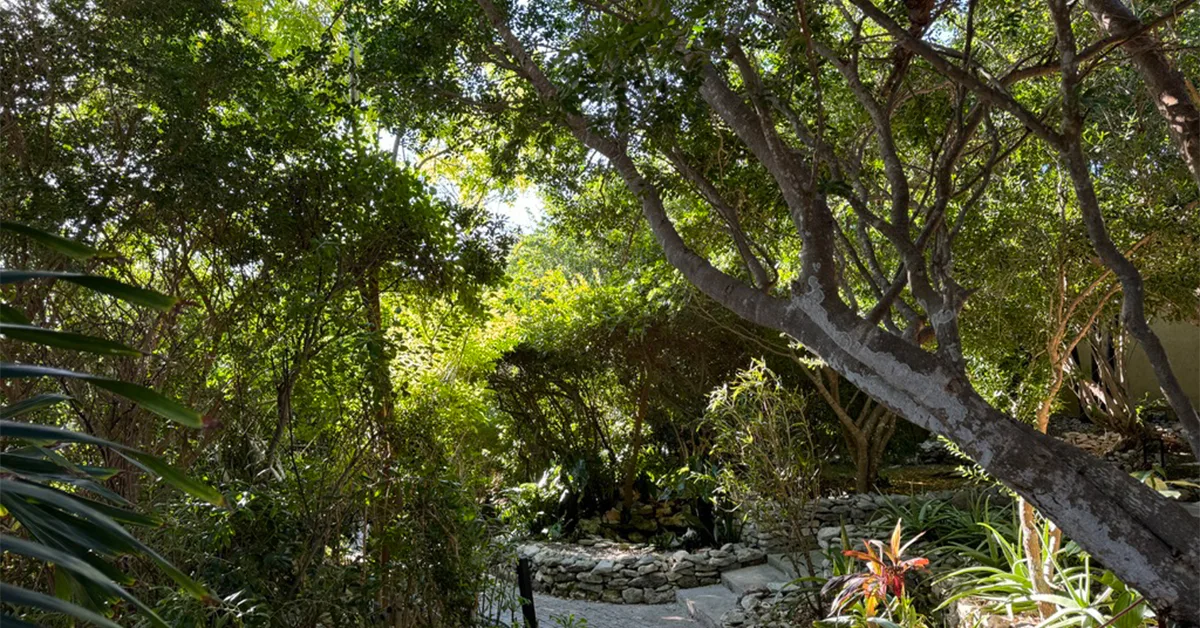Hey there!
The stock price of Diageo, a world leader in the production of alcoholic drinks, has fallen sharply in recent times. Investors and analysts are now talking about the company’s future in light of this move, which has raised the possibility of a takeover. This article examines the current market position of Diageo, the reasons behind the stock price dip, and the consequences and probability of a takeover.
An Examination of Diageo’s Role in the Market
Johnnie Walker, Tanqueray, Guinness, and Smirnoff are just a few of the premium brands that Diageo is famous for. Diageo has a commanding presence in numerous locations and a huge portion of the worldwide alcoholic beverage market. Historically, the company’s strong financial performance has been fueled by its diversified product range and strategic acquisitions.
Why the Stock Price Fell in the First Place
The recent drop in Diageo’s stock price is due to a number of important reasons:
- Large-Scale Economic Factors
Inflationary pressures and shifting consumer spending habits are only two examples of the global economic uncertainties that have hurt the alcoholic beverage industry. Diageo is susceptible to these macroeconomic changes because of its involvement in so many different global marketplaces. - Difficulties with Regulation
Diageo has had difficulties due to the overly regulatory climates in important markets, including the US and EU. Operating expenses and marketing approaches have been impacted by the company’s exposure to higher taxes, more stringent advertising regulations, and health-related rules.
Section 3: Market Dynamics and Competition
New entrants and creative products are constantly changing the alcoholic beverages business, making it highly competitive. Market share and pricing tactics have been under pressure for Diageo due to intense competition from both well-known brands and new artisan distilleries.
(4) Disruptions in the Supply Chain
The COVID-19 epidemic and other recent global supply chain disruptions have had an impact on Diageo’s manufacturing and distribution capacities. The company’s financial performance has been further affected by the higher costs and delays caused by these disruptions.
Approaches to Strategy and the Future
To lessen the blow of these difficulties and set itself up for future expansion, Diageo has implemented a number of strategic initiatives:
- Introducing New Products and Thinking Outside the Box
The business has emphasized innovation, releasing new goods and diversifying its offerings to meet the changing tastes of its customers. One example is the rise in popularity of non-alcoholic and low-alcohol drinks among people watching their alcohol intake. - Moving Towards Digital
Diageo has fully embraced digital transformation to improve distribution and marketing. The business plans to enhance consumer engagement and fortify its direct-to-consumer sales channels by utilizing data analytics and e-commerce platforms. - Maximizing Efficiency
Supply chain efficiencies and simplified processes are two examples of the cost optimization strategies Diageo has implemented to combat growing operating expenses. The goal of these endeavours is to increase profits while keeping prices down. - Forming Alliances and Acquiring New Businesses
To increase its footprint in new markets and broaden its product line, Diageo is persistent in its pursuit of strategic alliances and acquisitions. An important part of the company’s plan to expand is to team up with regional distilleries and buy up new brands.
Possible Acquisition Scenarios
Speculation over a possible takeover has escalated due to the recent drop in Diageo’s stock price. Possible outcomes include:
- A Rival’s Acquisition
At its current valuation, Diageo could be seen as a tempting acquisition target for a bigger player in the alcoholic beverage market. Synergies and increased market dominance for the acquiring company could be the outcomes of such a move.
Investing in Private Equity 2.
To take advantage of Diageo’s dominant market position and extensive portfolio of brands, private equity firms may think about investing in the company. Unlocking value and driving long-term growth may necessitate substantial restructuring.
- Alliances for Long-Term Success
In order to fortify its position in the market and take use of complementary qualities, Diageo may look into strategic alliances with other international firms. Partnerships and joint ventures have the potential to open doors to untapped markets and cutting-edge technology.
In summary
A more generalized downturn in the alcoholic beverage market is reflected in the recent stock price decrease at Diageo. The company’s strong brand portfolio and strategic responses, however, put it in a good position for future growth. Investors and industry experts are focusing on Diageo because of the acquisition speculation, which complicates the company’s picture even further.










